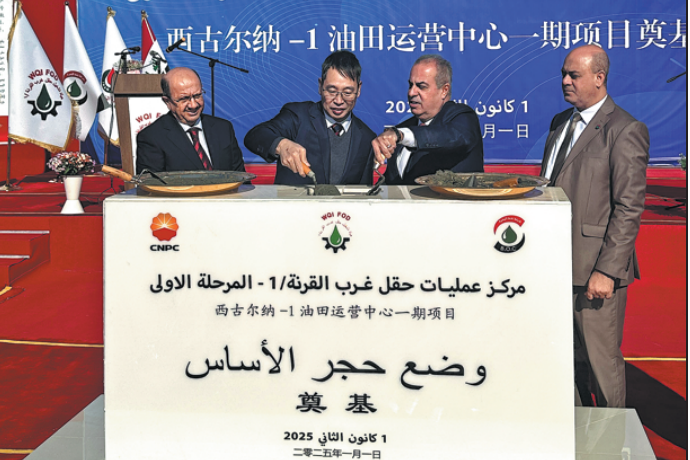Leaders call for adoption of Kiswahili as EAC language

Regional leaders and stakeholders are pushing for amendment of the treaty of the East African Community (EAC) to adopt Kiswahili as an official language of the bloc.
The leaders urged the EAC council of ministers to speed up the process, noting that the use of Kiswahili will enable people across the region to clearly understand the proceedings of the EAC, which are currently delivered in English.
During the celebration of the third EAC World Kiswahili Day in Kenya's coastal city of Mombasa on Sunday, the leaders called on partner states to pass laws and policies that will promote the use of the language.
Aisha Jumwa, Kenya's cabinet secretary for gender, culture, the arts and heritage, said with 200 million people speaking Kiswahili it will be a unifying language for the region.
"I urge all EAC partner states to push for laws and policies to be written and published in Kiswahili," she said.
Nestor Kayobera, the judge president of the East African Court of Justice, said the treaty establishing the EAC recognizes the English language as the official language and Kiswahili as a lingua franca.
"Those who find themselves in courts, most of them use Kiswahili, but judgments are delivered in English because the law that guides the judiciary was enacted in English," he said.
Kayobera said delivering rulings in Kiswahili means people are unable to follow proceedings and understand judgments in their own language.
James Ikuya, Uganda's minister of state for EAC affairs, reaffirmed Uganda's commitment to adoption of Kiswahili as an official language, adding that Kiswahili was now a compulsory subject in the country's schools.
"With our language, we can set our own agenda. Kiswahili is our own language. These celebrations reiterate the region's goodwill in promoting the growth and development of the language," he said.
The Sunday celebrations followed a two-day international conference organized by the East African Kiswahili Commission, revolving around the theme "Kiswahili, Multilingual Education, and the Enhancement of Peace."
The conference explored the vital role of language and education in promoting regional peace.
Caroline Asiimwe, the executive secretary of the East African Kiswahili Commission singled out the UN's recent recognition of Kiswahili and reaffirmed the Commission's dedication to promoting the language across East Africa.
She said during the two days, stakeholders from all EAC partner states, discussed the status of Kiswahili usage in their countries, the need for Kiswahili language policy and its use in the education systems.
"As a commission responsible for sharing the efforts of the development and use of Kiswahili in the EAC, I reiterate our commitment to working with all regional stakeholders to ensure we realize our goal," Asiimwe said.
edithmutethya@chinbadaily.com.cn

































